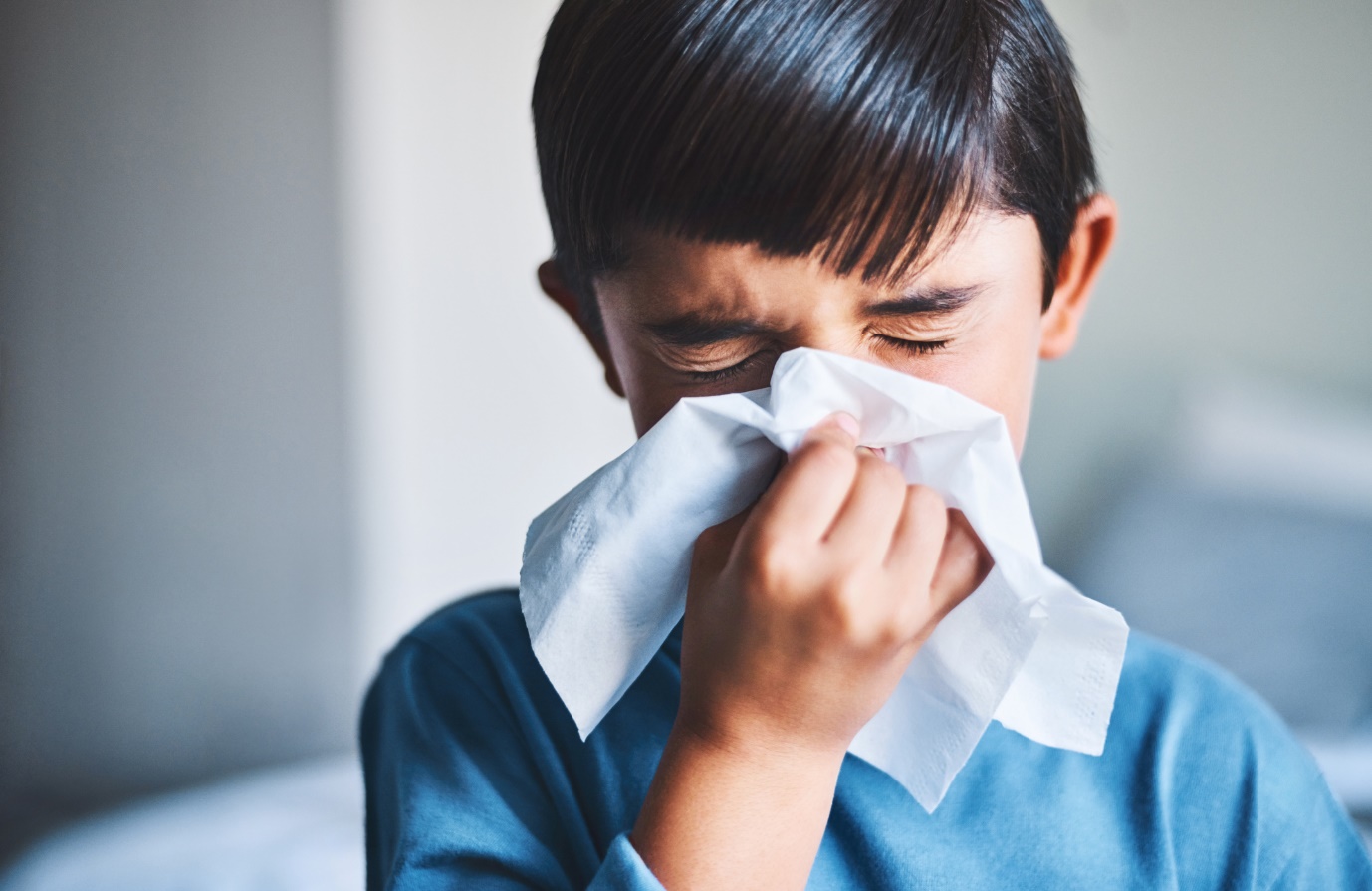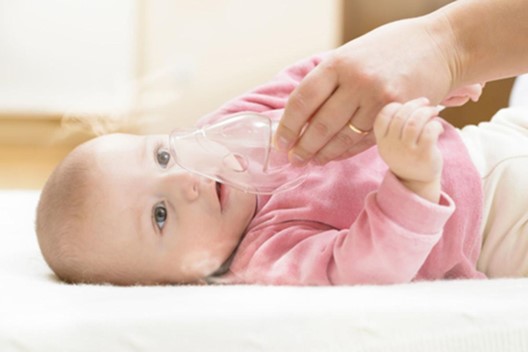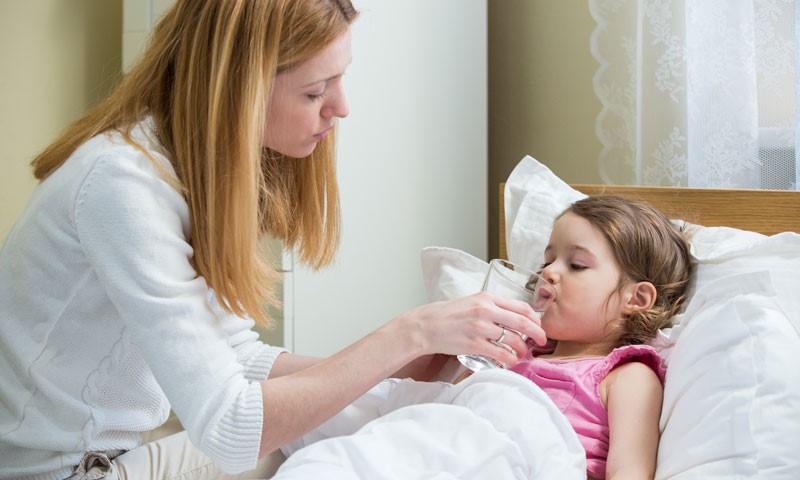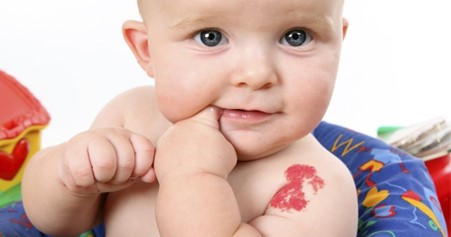It’s allergy season, and you may see a lot of children sneezing and coughing. While some allergies are harmless and only cause mild discomfort, others can get acutely worse and even become life-threatening. Thus, it’s best to know all about allergies in children so that you can keep your kids safe and know when to call the doctor. And that’s what we will be covering in this allergies-101.
What exactly are allergies?
Allergies are a common health condition that affects many children. An allergy occurs when the immune system mistakes a normally harmless substance, like pollen or certain foods, for a dangerous invader. In an attempt to protect the body, our immune system overreacts to harmless substances and releases chemicals, such as histamine, which cause allergy symptoms.
What are the types of allergies that can affect kids?
There are many types of allergies that can affect children, including:
- Environmental allergies: These are allergies to things in our current environment. This can include objects like pollen, mold, and pet dander. The symptoms of ecological allergies include sneezing, itchy eyes, and a runny nose.
- Food allergies: Children can be allergic to various foods, including peanuts, tree nuts, shellfish, and eggs. Symptoms of having a food allergy can range from mild, such as hives or itching, to severe, such as difficulty breathing or anaphylaxis.
- Drug allergies: Children can also be allergic to certain medications, including antibiotics and over-the-counter pain relievers. Symptoms of a drug allergy may include rash, itching, and difficulty breathing.
- Insect allergies: Children may be allergic to the venom of certain insects, such as bees or wasps. Symptoms of an insect allergy can include swelling, difficulty in breathing, and anaphylaxis.
How can we diagnose allergies?
Allergies can be diagnosed through a physical exam, a medical history, and allergy testing. Several types of allergy tests are available, including skin and blood tests. Allergy tests can help to determine what a child is allergic to and guide treatment.
What’s the treatment for allergies?
Treatment for allergies in children may include:
- Allergy medications: There are several types of allergy medications available, including antihistamines, decongestants, and nasal sprays. These medications can help to relieve allergy symptoms.
- Allergy shots (immunotherapy): For children with severe allergies, allergy shots may be recommended. Allergy shots contain small amounts of the allergens that a child is allergic to and are given over time to help the body build immunity to the allergens.
- Avoidance: To prevent allergies, avoiding contact with the allergens that trigger a child’s symptoms may be necessary. This may involve taking steps such as keeping windows closed during pollen season, avoiding certain foods, or using special air filters to remove allergens from the air.
When to contact your doctor?
If the child’s allergies are becoming unmanageable or causing severe discomfort, you need to take them to a doctor. They will likely give them some antihistamine tablets, or an antihistamine shot. Another thing to watch out for is anaphylactic shock (allergic shock). Anaphylaxis is an acute condition where the body’s immune system goes into overdrive and causes several severe symptoms, including:
- Rapid decrease in blood pressure
- Narrowing of airways
- Being unable to breathe
- Weak pulse
- Nausea or vomiting
- Skin rash
Anaphylaxis is a life-threatening event and requires emergency medical care. If you notice any of the above, immediately call the emergency health services. The child will need an epinephrine shot.
An insight from mamahood
It’s essential for parents to pay attention to their child’s allergy symptoms and work with their healthcare provider to develop a treatment plan. Allergies can be managed effectively with the right combination of medications and avoidance strategies. Children can lead healthy, active lives by taking steps to manage allergies.








